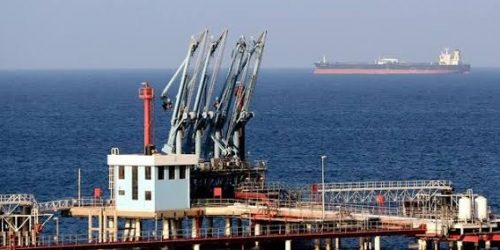Two tankers will be the first since January this year to load oil for export at the Libyan port of Brega, Bloomberg reports, citing unidentified source in the know.
One of the cargos, of 600,000 barrels of crude, will be shipped to Austrian OMV. The other is of a similar size but its destination has not been disclosed.
Libya’s oil ports have been frozen by a blockade since January, when groups affiliated with the Libyan National Army of General Khalifa Haftar took over, suspending all exports and, as a result, most of the country’s oil production. The National Oil Corporation declared force majeure on oil exports following the blockade while the LNA led an offensive against Tripoli and the Government of National Accord. This force majeure has cost it billions in lost oil revenues.
Earlier this month, the GNA announced a ceasefire and if it holds, more oil might start leaving the war-torn North African country. Even though Libya’s production has been decimated, plunging from over 1.2 million bpd to less than 100,000 bpd, there is a lot of oil in storage at the oil ports.
While any news of the reopening of ports is good for Libya, it is not that good for the global oil market. Libya’s production deterioration has been positive for prices as OPEC+ fought oversupply with severe production cuts. Indeed, according to Rystad Energy, Libya’s oil port blockade could help shrink the global oversupply by as much as 65 percent this year.
Yet for Libya, the blockade has been anything but positive. NOC’s chairman Mustafa Sanalla has recently said that “The illegal oil blockade has had disastrous effects on our national economy and damaged the living standards of Libyans. Our reservoirs are suffering permanent damage, and stagnant fluids are corroding our pipelines, which will cost us huge amounts to repair.”





